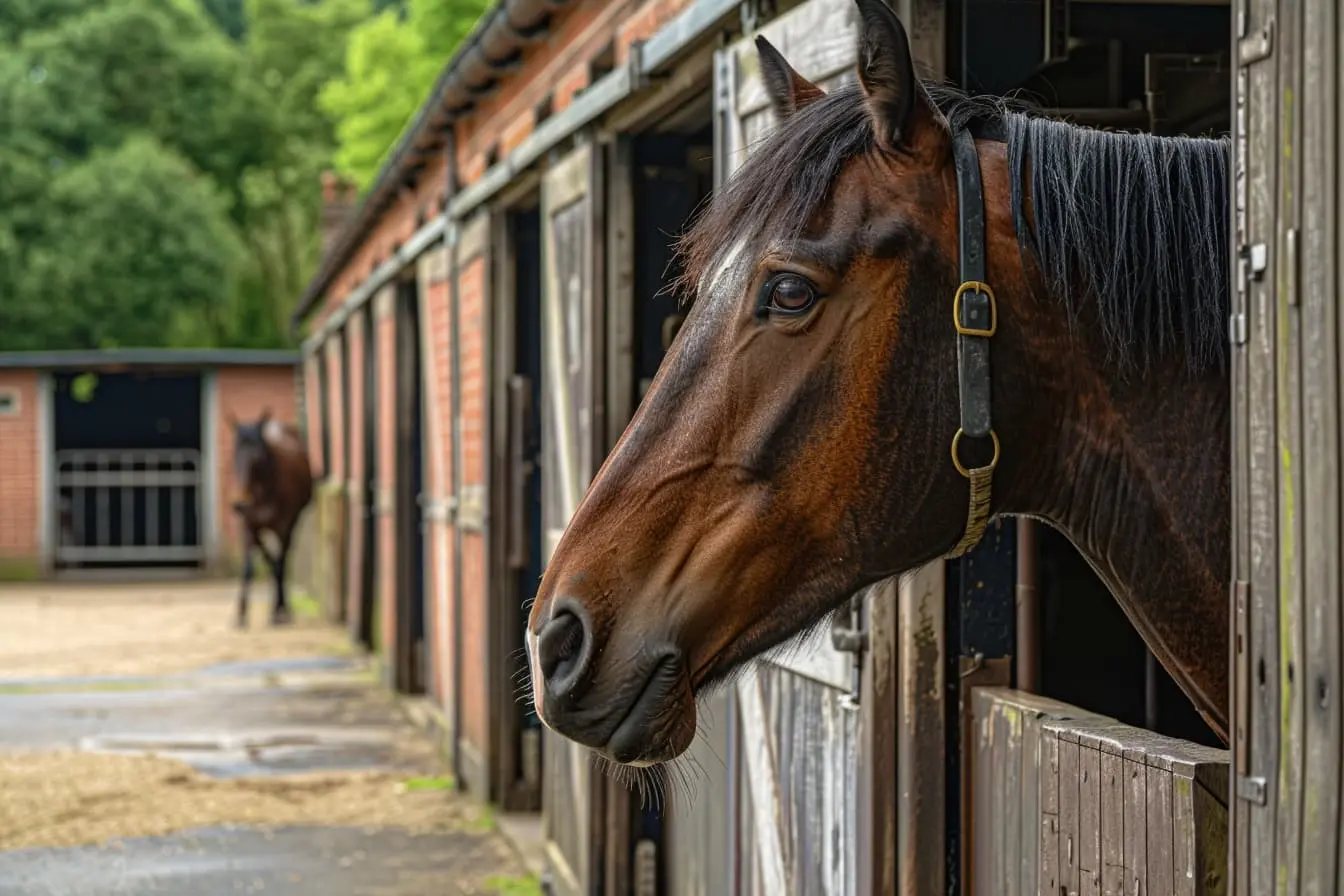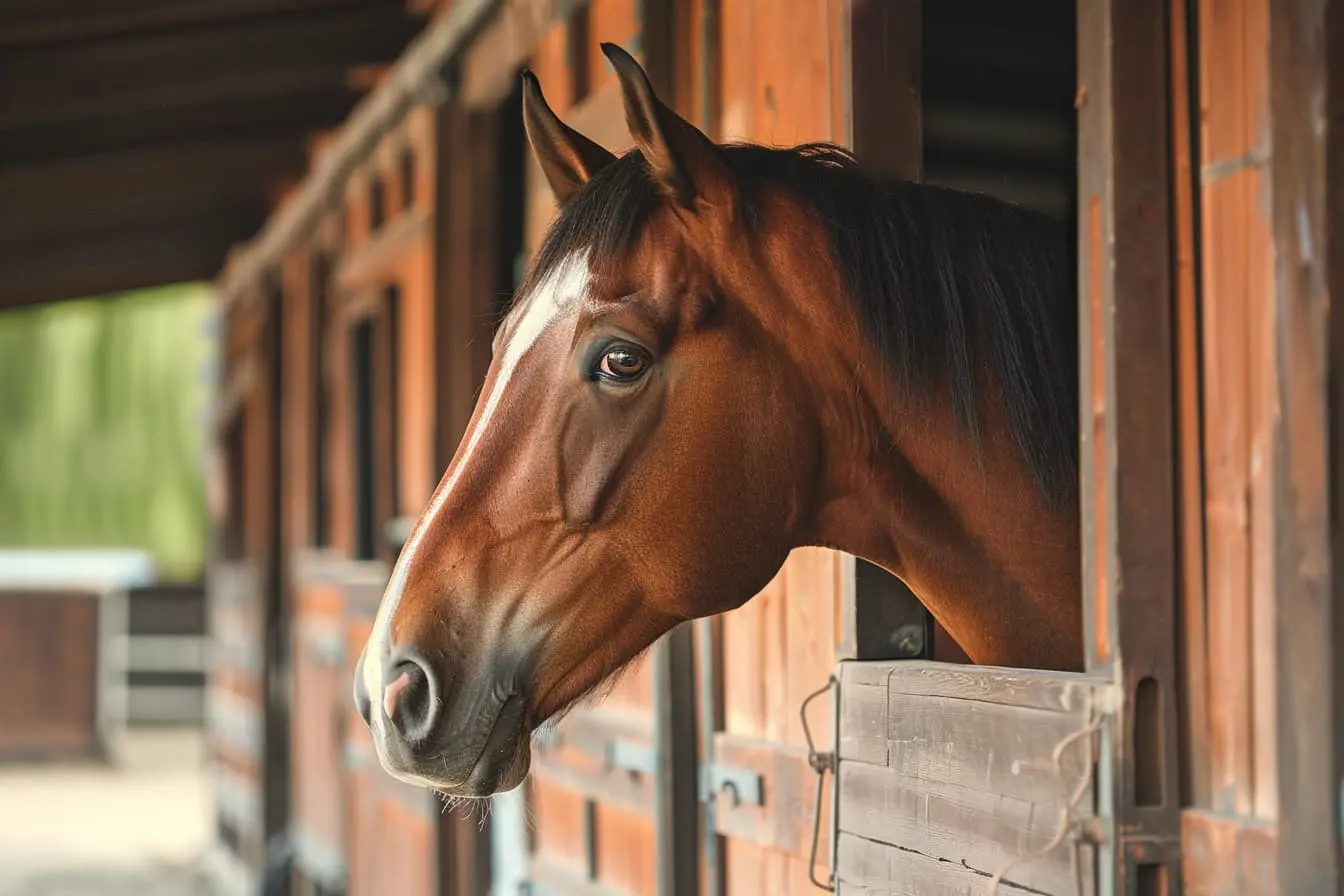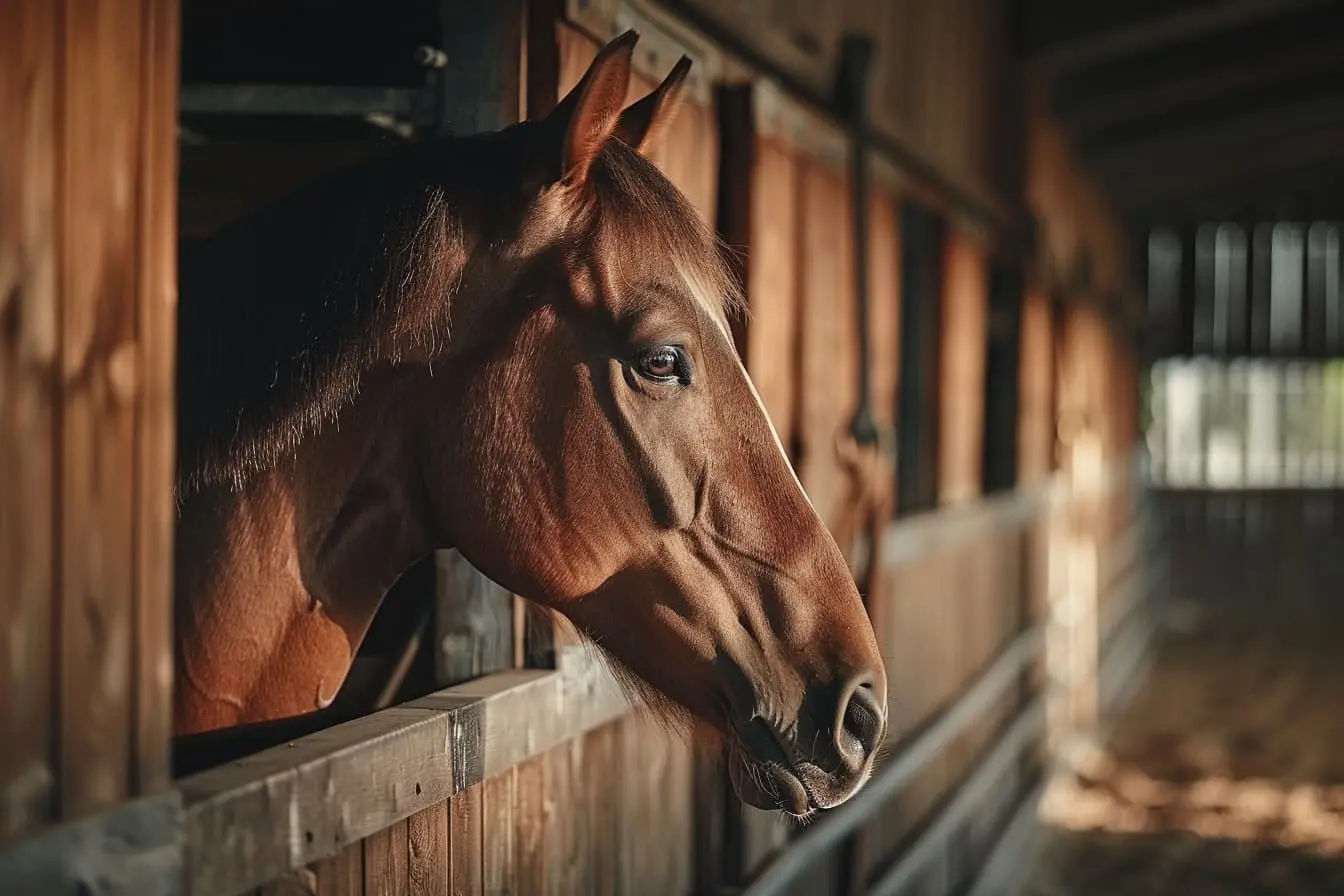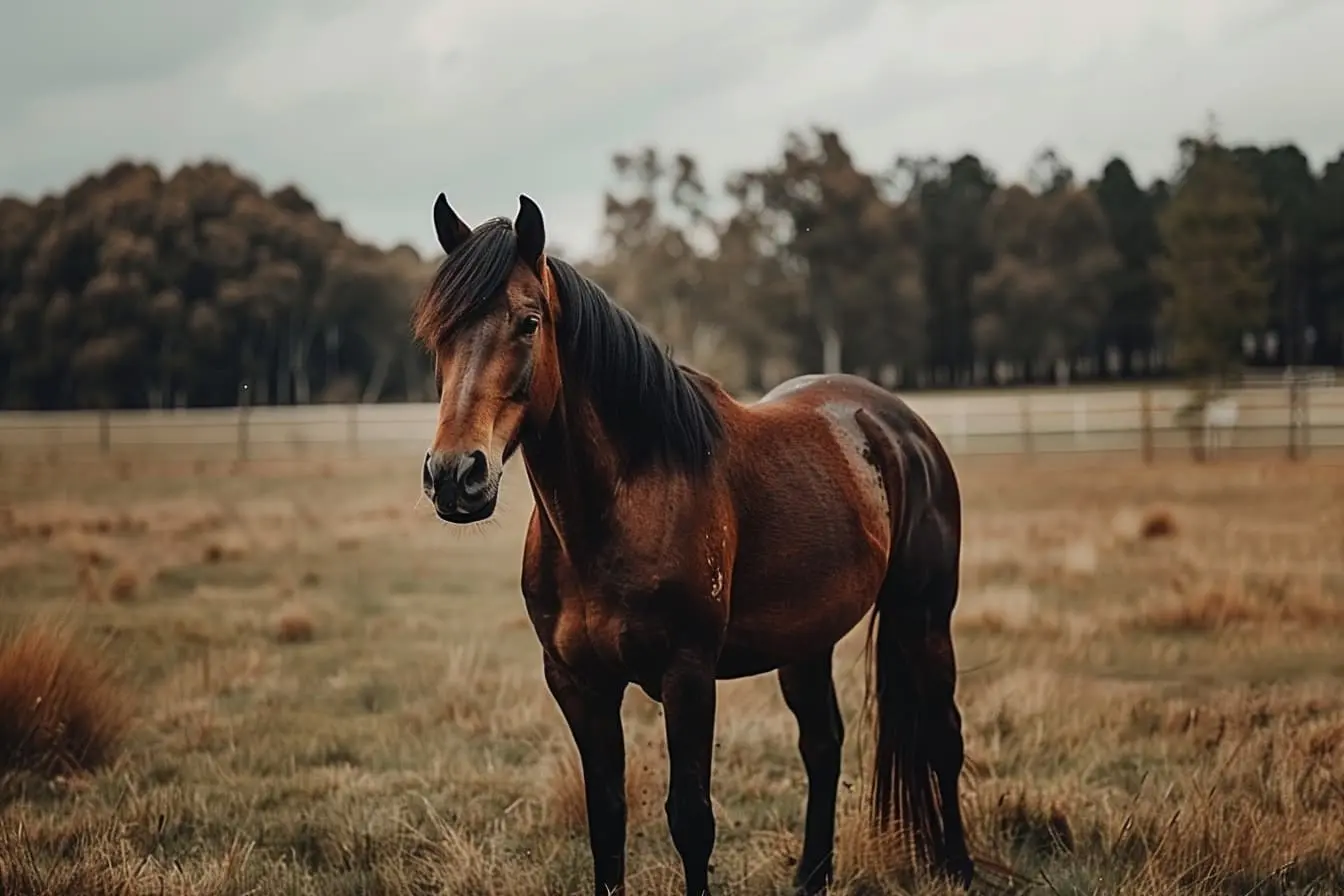
A Beginner's Guide to Feeding Your Horse: Essential Tips for New Horse Owners
Welcoming a horse into your life is an exciting journey, filled with learning curves and rewarding moments. As a new horse owner, understanding the basics of equine nutrition is crucial to ensure your horse leads a healthy, happy life. This guide will delve into the fundamental aspects of what to feed your horse, highlighting the importance of a balanced diet tailored to their specific needs.
Understanding Your Horse's Nutritional Needs
Horses are herbivores, requiring a diet rich in fibre to maintain their digestive health. The cornerstone of their diet is forage, such as hay and grass, which should constitute the majority of their intake. The specific needs can vary depending on the horse's age, weight, activity level, and health status. Therefore, it's essential to assess these factors when planning their diet.
The Foundation of a Horse's Diet: Forage
Forage should be the bedrock of your horse's diet, ideally allowing them access to pasture where they can graze naturally. In the UK, where weather can limit year-round grazing, high-quality hay becomes even more critical. Hay provides the necessary fibre and should be available to your horse throughout the day to mimic natural grazing patterns.
The Role of Concentrates
While forage meets much of your horse's nutritional requirements, additional calories may be needed, especially for working horses or those with higher energy demands. This is where concentrates come in – including grains such as oats, barley, and commercially prepared horse feeds. These should be used to supplement the diet, not replace forage, and introduced gradually to prevent digestive issues.
Vitamins and Minerals: The Essentials
A balanced diet also includes adequate vitamins and minerals, which are vital for your horse's overall health. Many horses get what they need from high-quality forage and a mineral block or lick. However, specific conditions or the demands of breeding, growing, and high-performance activities may require targeted supplements. Consult with a veterinarian or an equine nutritionist to determine if your horse needs any additions to their diet.
The Importance of Fresh Water
Never underestimate the importance of clean, fresh water in your horse's diet. Horses consume a significant amount of water daily, especially when eating dry forage like hay. Ensure constant access to water, checking and refilling buckets or troughs regularly, and more frequently during warmer months.
Monitoring Your Horse's Diet: A Continuous Process
Feeding your horse is not a set-and-forget process. Regular monitoring and adjustments are necessary to match their changing needs. Keep an eye on their body condition, energy levels, and overall health, adjusting their diet as required. This proactive approach ensures your horse remains healthy and happy throughout the different stages of their life.
Conclusion
Feeding your horse is a fundamental aspect of their care. By providing a balanced diet rich in forage, supplemented with concentrates when necessary, and ensuring constant access to water, you'll be laying the foundation for a long, healthy life together. Remember, each horse is unique, so tailoring their diet to their specific needs, with guidance from professionals, is key. Welcome to the rewarding world of horse ownership – your journey has just begun.
Vets near you
Speciality vets
- Aquatics vet specialists
- Birds vet specialists
- Camelids vet specialists
- Cats vet specialists
- Cattle vet specialists
- Deer vet specialists
- Dogs vet specialists
- Equines vet specialists
- Exotic vet specialists
- Goats vet specialists
- Pigs vet specialists
- Poultry vet specialists
- Sheep vet specialists
- Small Mammals vet specialists
- Wild vet specialists
Vet facilities
- Accessible by public transport
- Blood testing
- Car park nearby
- Client car park
- Dentistry
- Diagnostic imaging
- Disabled public access
- Flea and worm treatments
- Microchipping
- Mobile services
- Neutering
- Open at weekends
- Out-of-hours service
- Referral interests
- Referrals only
- Street parking outside
- Toilets available
- Vaccinations



